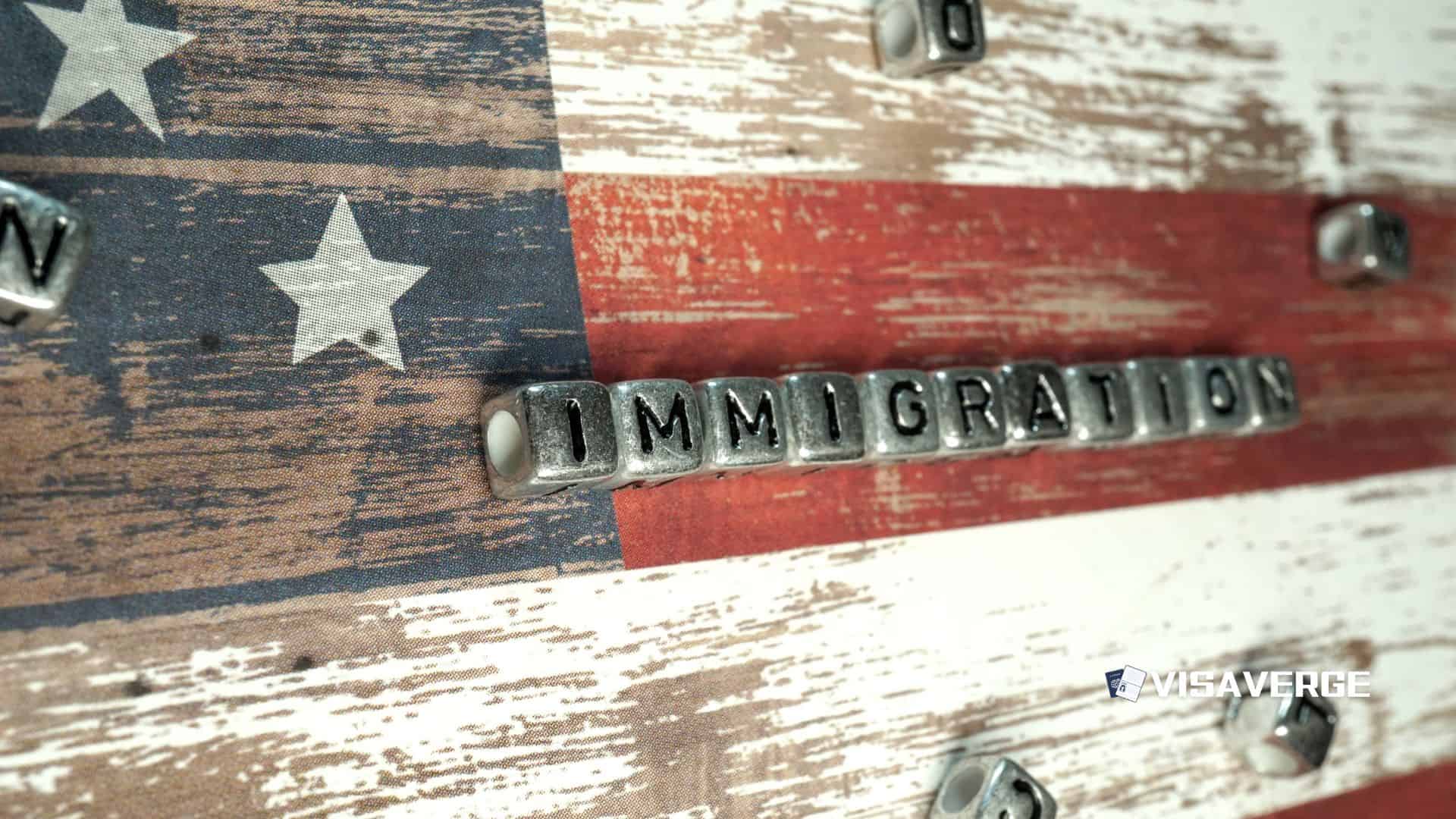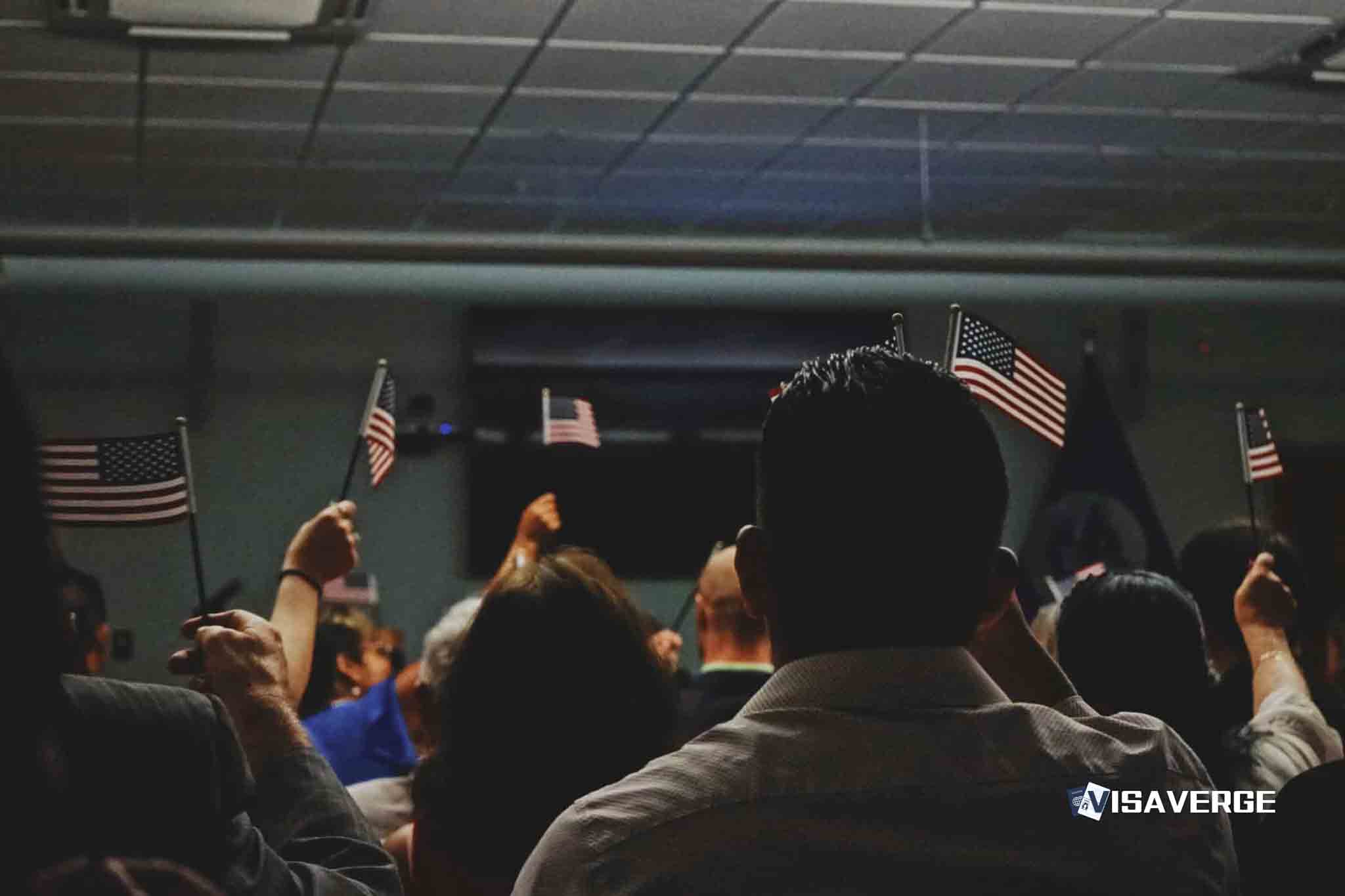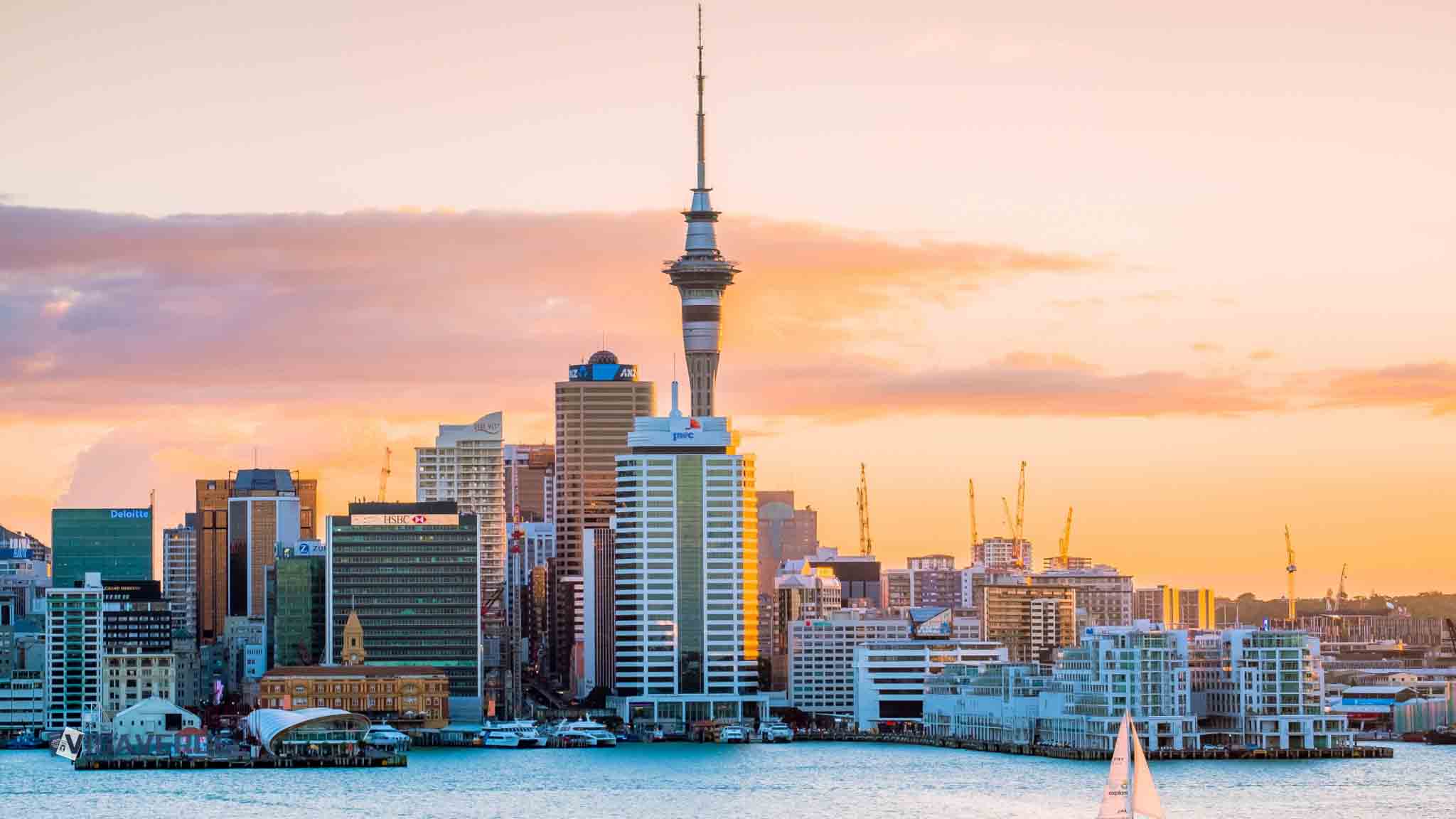Dancers at a well-known South Beach club in Miami are facing new challenges as immigration rules and enforcement actions create uncertainty about their ability to work and perform. While there are no official reports or government announcements confirming new immigration rules that directly force dancers off stage as of August 1, 2025, the changing environment in South Beach and Miami’s nightlife scene is causing concern among immigrant workers, club owners, and the broader community.
Recent months have seen a rise in immigration enforcement across Miami, especially during major events like the FIFA Club World Cup at Hard Rock Stadium in June 2025. U.S. Customs and Border Protection (CBP) officers have increased their presence at these events, making many immigrants in the area feel uneasy. This heightened visibility of immigration authorities has led to fears that workers in entertainment sectors, including dancers in South Beach, could be at greater risk of immigration checks or other consequences related to their status.

Impact on Dancers and Nightlife Workers
Dancers, many of whom are immigrants, play a key role in the vibrant nightlife that makes South Beach famous. However, the current climate of increased immigration enforcement means that these workers may face more frequent checks of their work authorization or visa status. Some dancers have reported feeling pressured to leave their jobs or avoid performing altogether, even though there is no official policy specifically targeting them.
A dancer who wished to remain anonymous shared, “We hear stories about raids or checks, and it makes us afraid to go to work. Even if nothing has happened yet, the fear is real.” This sentiment is echoed by many in the South Beach entertainment industry, where uncertainty about immigration rules can have a chilling effect on performers and staff.
Club Owners and Managers Respond
Club owners and managers in South Beach are also feeling the pressure. They must ensure that all their employees, including dancers, have the proper work authorization to avoid penalties or fines. This often means stricter checks of documents and sometimes choosing not to hire or retain dancers whose immigration status is unclear.
One club manager explained, “We want to support our staff, but we also have to follow the law. If there’s any doubt about someone’s paperwork, we can’t take the risk.” This cautious approach can lead to fewer opportunities for immigrant dancers and may even force some clubs to change the way they operate.
No Official Policy Change, but Real Effects
As of now, there have been no official announcements from U.S. Citizenship and Immigration Services (USCIS), the Department of Homeland Security (DHS), or Miami local government about new immigration rules specifically aimed at dancers in South Beach clubs. However, the indirect effects of broader immigration enforcement are being felt. Increased checks and a climate of fear can push immigrant workers out of the public eye, even without a formal policy change.
According to analysis by VisaVerge.com, the lack of clear guidance or protection for entertainment workers means that many are left in a state of uncertainty. “The current environment in Miami, especially in areas like South Beach, puts immigrant dancers in a difficult position. They may not be directly targeted by new rules, but the fear of enforcement is enough to change their behavior and employment status,” VisaVerge.com reports.
Advocacy Groups and Legal Protections
Immigration advocacy groups in Miami are working to support dancers and other immigrant workers who may be affected by these changes. While there are no new laws specifically aimed at dancers, existing protections like the U-Visa may offer some help. The U-Visa is designed for victims of certain crimes who assist law enforcement, and while it does not directly apply to all dancers, it can be a lifeline for those who face threats or exploitation.
The Her Justice U-Visa Manual, updated in March 2025, provides detailed guidance on how immigrants can seek protection if they are victims of crime. While this manual does not focus on entertainment workers, it is a valuable resource for those who may qualify. You can find more information about the U-Visa and other protections on the official USCIS website.
Community Impact and Broader Concerns
The uncertainty caused by increased immigration enforcement does not only affect dancers. It also impacts their families, club owners, and the wider South Beach community. Many immigrants in Miami already live with the daily stress of possible status checks or deportation. The entertainment industry, which relies on a diverse workforce, may see fewer performances and less variety if immigrant dancers are forced off stage.
Local advocacy groups continue to call for clearer protections and reforms. They argue that workers in nightlife venues, including dancers, should not be punished or pushed out due to their immigration status. Instead, they urge policymakers to create pathways for legal work and to protect vulnerable workers from exploitation.
What Can Dancers and Clubs Do Now?
For dancers and club owners in South Beach, staying informed is key. Here are some practical steps:
- Check Work Authorization: Dancers should make sure their work permits or visas are current and valid. Club owners should verify documents but avoid discrimination.
- Seek Legal Advice: If there are questions about immigration status or work rights, consulting an immigration attorney or local advocacy group can help.
- Know Your Rights: Workers should understand their rights during immigration checks. Many organizations in Miami offer free workshops and resources.
- Monitor Official Updates: Keep an eye on announcements from USCIS, DHS, and local government for any changes to immigration rules or enforcement practices.
Looking Ahead
The situation in South Beach highlights the complex relationship between immigration rules and the entertainment industry. While there is no direct law forcing dancers off stage, the indirect effects of increased enforcement are real and significant. Clubs, dancers, and the community must work together to find solutions that protect both jobs and legal compliance.
As the landscape continues to change, staying informed and connected to trusted resources is more important than ever. For the latest updates on immigration rules and protections for workers, visit the USCIS official website. By taking proactive steps and seeking support, dancers and club owners in South Beach can better face the challenges ahead and keep the spirit of Miami’s nightlife alive.
This Article in a Nutshell













